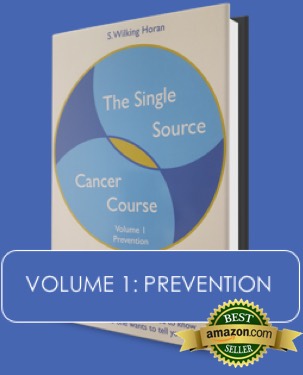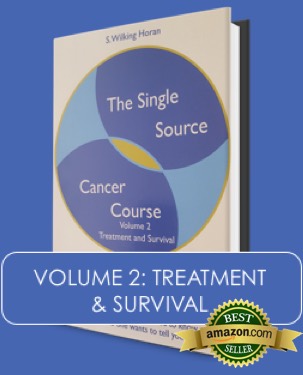 COPING WITH CANCER AND MOTHER NATURE
COPING WITH CANCER AND MOTHER NATURE
Hello everyone and welcome to another WELLNESS WEDNESDAY. It’s Hurricane Season in the United States and for the past three weeks we have been experiencing a rash of weather-related emergencies along our southern coast.
Now, coping with a natural disaster is hard enough. But, when you or a loved one is a cancer patient as well, that coping process becomes much more difficult.
So, with help from the AMERICAN CANCER SOCIETY we’re going to share some important tips today for our friends who have cancer or are being treated for cancer – AND are in the midst of disaster recovery.
First, let’s discuss 5 COMMON WHAT IFs:
1) IF you are in an emergency housing facility, let those in charge know immediately you are receiving cancer treatment. Provide the name of your physician and the type of treatment. They will do their best to get you to the nearest emergency treatment center.
2) IF you don’t know what kind of treatment you’ve been receiving, contact your physician, your treatment facility OR your insurance provider for the information.
3) IF your regular treatment facility has been closed due to the emergency, contact the facility AND your physician. They will help you arrange necessary visits to a new facility or a local emergency room.
4) IF you don’t have your cancer medications with you OR you’re not sure how to take them talk with a disaster-relief nurse at the shelter or the shelter director. This person will connect you with a nearby physician or pharmacy.
5) IF you are taking medications for pain or depression an interruption in the use of these drugs may cause physical or mental problems. Make sure your new doctor, pharmacy, treatment center or shelter director know about ALL the medications you are taking.
Now, some shelters and emergency housing facilities have a separate area for those with special medical needs. And, in some areas entire shelters will be devoted to those with special medical needs. But, IF this is not the case and IF you have just received your chemo, you will have a low white blood count AND you will be more susceptible to infection, illness and disease.
So, for those of us with a COMPROMISED IMMUNE SYSTEM, let’s continue our discussion with 7 IMPORTANT SAFETY TIPS to remember:
1) Following a natural disaster, vaccinations for hepatitis A and B, tetanus, pneumococcus and the flu may be offered at your shelter. IF SO, make sure the person administering the vaccine knows about your cancer history and when you had your last treatment.
2) DO NOT LET ANYONE GIVE YOU A LIVE VACCINE unless your personal physician who knows your cancer history says it’s ok. These vaccines include smallpox, measles-mumps-rubella (MMR), varicella zoster for shingles or chickenpox and the flu nasal spray. ALSO, do not come into contact with anyone who has received a live vaccine.
3) Wash your hands with soap and water as often as possible. If this is not possible, ask for an alcohol-based hand sanitizer.
4) Keep cuts and wounds clean and bandaged and use an antibiotic cream like Neosporin daily.
5) Bathe or shower with clean linens if possible and don’t share personal hygiene items or eating utensils with others.
6) If there’s no safe drinking water, only drink bottled water or water that has been boiled for one minute.
7) Make sure all produce is thoroughly washed with safe water, meat is fully cooked and food has not been sitting without refrigeration for more than two hours. Also, ask your new doctor if you should avoid certain foods until you return to permanent housing.
All of us — at one time or another – will face an emergency or natural disaster. And, for those of us with special medical needs, the process of survival and recovery will be more complicated. But, by adhering to a few basic health tips, we can protect ourselves and our loved ones while we weather the storm.
Finally, here’s one common question many of us ask AND an answer from the AMERICAN CANCER SOCIETY:
“How long do I wash my hands to ensure they are clean?”
“Wash your hands as long as it takes you to sing “Happy Birthday” from beginning to end – TWICE.”
Thanks again for joining everyone. And, for those facing a crisis at this time, I wish you a speedy and complete recovery. Until next time, stay in GOOD HEALTH and . . .
TAKE THE COURSE AND TAKE CHARGE!
Helpful Links:



Leave a Comment